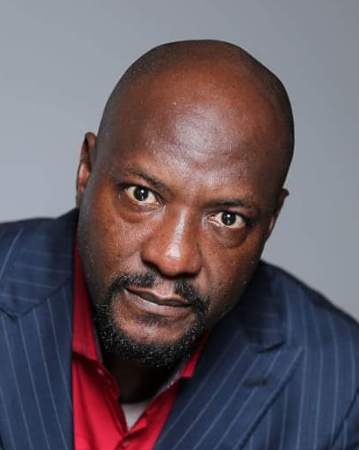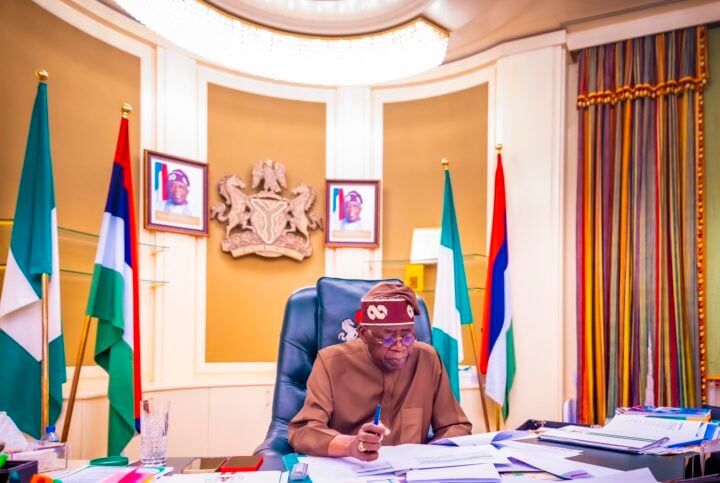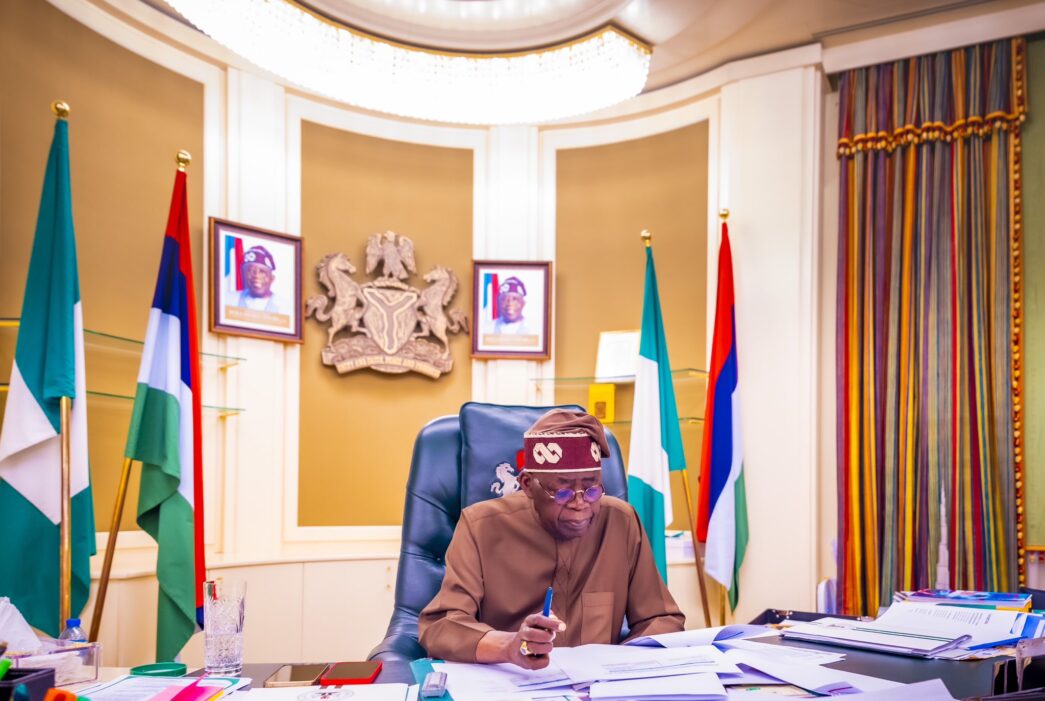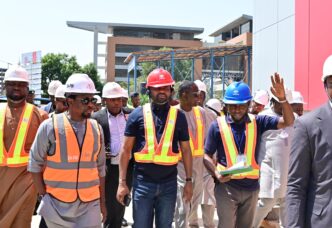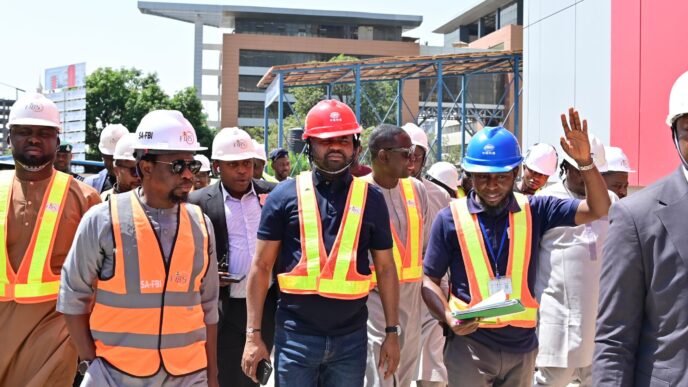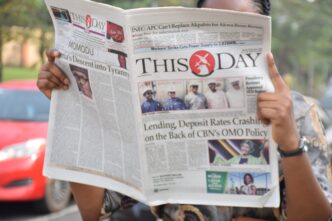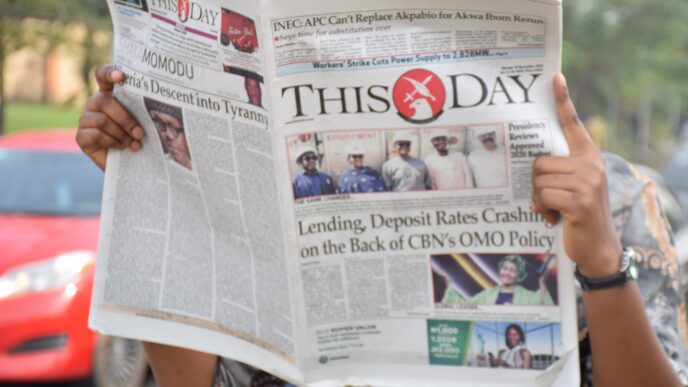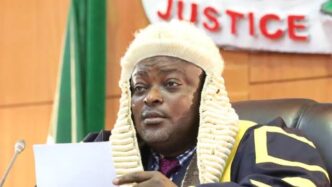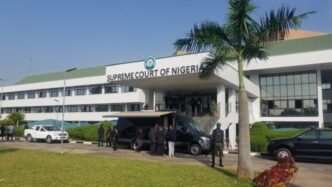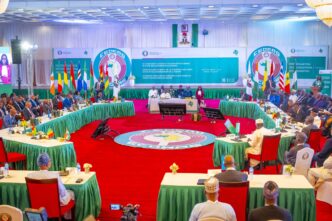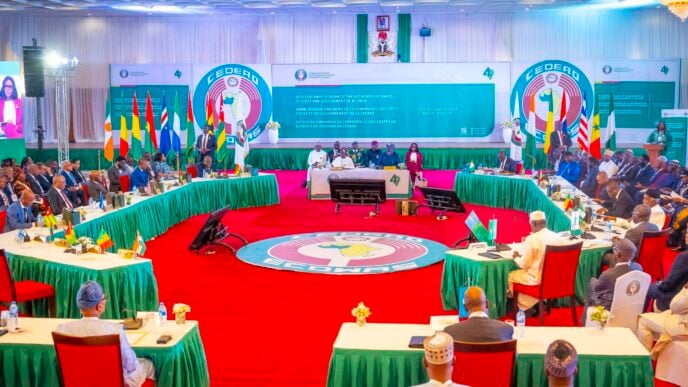As we approach President Bola Tinubu’s mid-term in office in the next few months having already spent almost twenty months captaining the ship of the country albeit in a rudderless manner, it’s time we start evaluating his performance and contrasting them with his campaign promises to assess how well he has delivered on his promises.
In fairness to President Bola Tinubu, unlike his predecessor Mohammadu Buhari who was very lacklustre about the country’s economy, his administration has been much more proactive in implementing economic policies. However, it seems that in the implementation of these policies, the focus has been on generating or making more money available to the government while little or no concern is being given to improving the welfare of Nigerians.
Such policies include the fuel and electricity subsidy removal and the floatation of the Naira which all combined to increase the funds available to the government by over N18 trillion per annum according to the minister of finance. In theory, it seems impressive that the government was able to make that much additional revenue available to the government within one year, the truth is that the additional revenue came at a huge cost to the Nigerian people and the money should have been used to boost the productive base of the economy and other projects that will positively impact the life of Nigerians instead of using it to fund the opulent lifestyles of those in government as the current administration is doing.
More specifically, a review of the Bola Tinubucampaign manifesto revealed that he made the below-listed campaign promises which we will evaluate by contrasting with his actual performance:
Advertisement
Economic Transformation:
– Create sufficient jobs with decent wages to improve living standards
– Promote manufacturing, creativity, and innovation to make Nigeria a nation of creators, not just consumers
Advertisement
– Increase exports and reduce imports to strengthen the naira and improve citizens’ quality of life
Agricultural Development:
– Implement enlightened agricultural policies to boost productivity and ensure decent incomes for farmers
Infrastructure Development:
Advertisement
– Modernize and expand public infrastructure to support economic growth
Youth and Women Empowerment:
– Harness emerging sectors like the digital economy, entertainment, culture, and tourism to create opportunities for young people and women
Social Welfare:
Advertisement
– Make basic healthcare, education, and housing accessible and affordable for all
National Security:
Advertisement
– Establish a strong and adaptive national security architecture to combat terrorism, kidnapping, banditry, and other forms of violent extremism
On the issue of economic transformation, I will admit that he has transformed the economy. He transformed it from the weak economy that he inherited from the previous administration to the devastated economy that it is today having put Nigeria through the worst economic crisis in the history of the country which resulted in the Naira losing up to 70% of its value, unprecedented inflation rates and millions of job lost.
Advertisement
Regarding his promise to boost manufacturing, the opposite was the case with the Manufacturers Association of Nigeria (MAN) reporting that over 700 of their member companies shut down operations within his first year in office while many other multinationals divested from the country. On his promise to reduce imports and boost exports, while imports have reduced considerably due to the crash in value of the Naira which makes it a lot more expensive to import goods into the country, there has been no corresponding increase in exports as promised by the administration.
On his promise to boost agricultural production, apart from efforts being made by some state governments to boost agricultural production in their states, the Tinubu administration has done very little to boost local food production. Rather their policy direction was to temporarily suspend tariffs on imported food items which would hurtlocal farmers as they would be forced to sell at a loss to compete with imported food items which would be a major disincentive to local food production in the country.
Advertisement
On the issue of infrastructure development, while relatively very little is being done contrary to what the government wants us to believe, the few infrastructure projects that were awarded arefraught with irregularities with contracts being awarded to cronies without following due process.
Regarding women and youth development and social welfare, the administration’s approach can at best be described as tokenism with their policy of distributing rice and other palliatives instead of actually empowering them to help pull them out of poverty. Their approach was to occasionally “give fish instead of teaching them how to fish”.
The National security issue has been one in which this administration has failed spectacularly. Admittedly they inherited a bad security situation as a result of the inadequacies of the former administration. Still, a recent report by the National Bureau of Statistics revealed that 614,937 Nigerians were killed. At the same time,2.2 million were abducted in one year with an estimated N2.2 trillion paid in ransoms revealed that the security situation in the country instead of improving has deteriorated badly under the Tinubu administration.
Tinubu also promised to promote innovation and entrepreneurship, with plans to establish 24 skills and innovation hubs and entrepreneurship centers nationwide. However, so far, only one center has been inaugurated, the ₦1 billion Abdul Samad Rabiu International Centre for Innovation and Entrepreneurship at the University of Maiduguri.
In terms of broadband penetration, Tinubupromised to achieve 90% coverage by 2025. However, the latest reports show that Nigeria’s broadband penetration rate has dropped to 40.48%.
The president’s promise to legalize crypto and blockchain technology has also been slow to materialize. While the central bank did reverse a two-year prohibition on crypto transactions, the government has since cracked down on crypto platforms, and new regulations are being introduced to ban peer-to-peer cryptocurrencyexchanges.
So, why has Tinubu failed to keep most of his campaign promises? One reason is the complexity of Nigeria’s problems, which cannot be solved overnight. Another reason is the lack of capacity, strategies sincerity of purpose, and motivation to achieve these promises. For example, the promise to create 1 million jobs in the ICT sector was not backed by a clear roadmap or funding commitments.
Overall, Tinubu’s presidency has been marked by slow progress and even retrogression in some sectors while most of his campaign promises remain unfulfilled. Though he has made some efforts to increase government revenue, he needs to be reminded that governance is not just about generating revenue but the actual impact the revenue generated is making on the lives of the people. A lot leaves to be desired by his administration in addressing Nigeria’s economic and social challenges.
Oshobi, a development economist and management consultant writes from Lagos.
Views expressed by contributors are strictly personal and not of TheCable.
